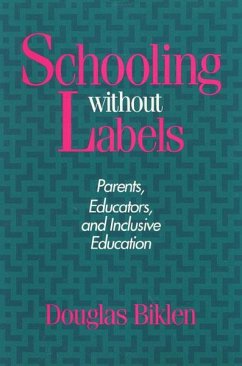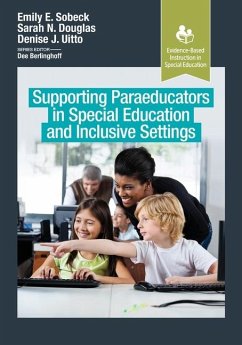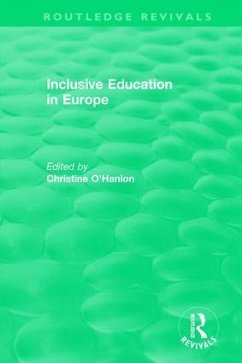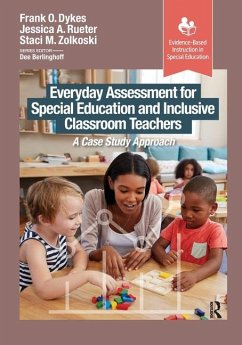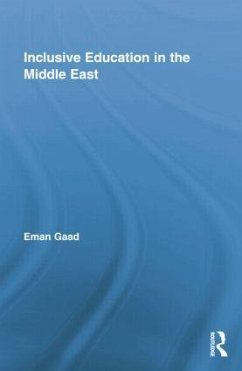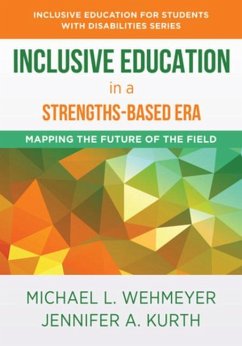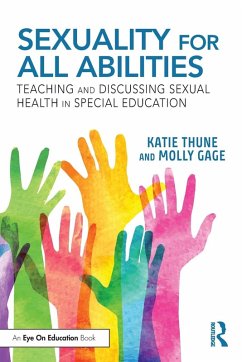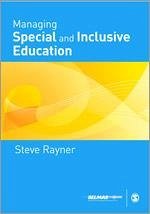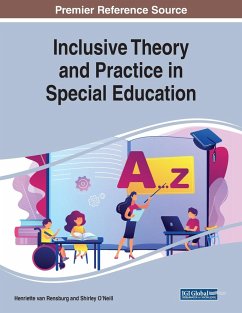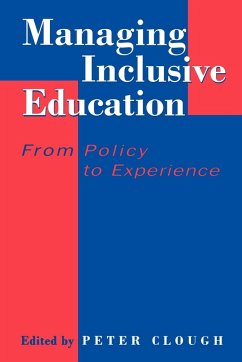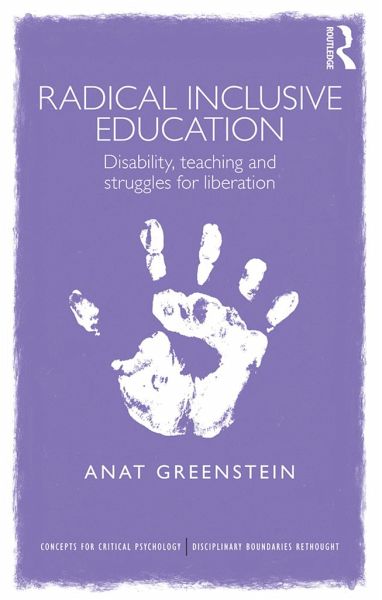
Radical Inclusive Education
Disability, teaching and struggles for liberation
Versandkostenfrei!
Versandfertig in 1-2 Wochen
52,99 €
inkl. MwSt.
Weitere Ausgaben:

PAYBACK Punkte
26 °P sammeln!
Many people who work in education start out with enthusiastic ideals about education as a positive force that can spur change in the life of the learner and in society at large, yet find themselves frustrated with a bureaucratic system that often alienates and excludes many of its students. This is particularly true for students identified as having "special educational needs" (SEN) or disability, a label often used to justify the ways in which students are failed by a system that focuses on narrow definitions of knowledge, seeks to normalise and control behaviour, and values economic producti...
Many people who work in education start out with enthusiastic ideals about education as a positive force that can spur change in the life of the learner and in society at large, yet find themselves frustrated with a bureaucratic system that often alienates and excludes many of its students. This is particularly true for students identified as having "special educational needs" (SEN) or disability, a label often used to justify the ways in which students are failed by a system that focuses on narrow definitions of knowledge, seeks to normalise and control behaviour, and values economic productivity over other forms of human activity. Radical Inclusive Education explores how current educational practices, such as standardised tests and league tables, exclude and fail many disabled students, and naturalise educational inequalities around gender, class, ethnicity and ability. Informed by the social model of disability, the book argues that educational theories and practices that are geared towards social justice and inclusion need to recognise and value the diversity of human embodiments, needs and capacities, and foster pedagogical practices that support relations of interdependency. The book draws on work in disability studies, critical psychology and critical pedagogy, and also real life examples from interviews with activists in the disabled people's movement, and from research in a school, to offer examples of what radical inclusive education - that is sensitive to the needs of all students - might look like in practice. As such, it will be of great interest to practitioners and students in the field of education, particularly for those interested in SEN and disability, sociology of education, critical pedagogy, informal education and social movement learning.





